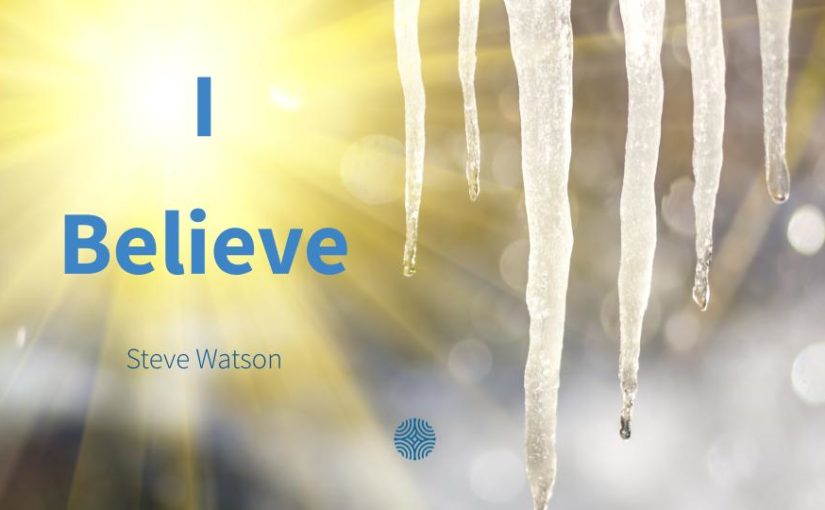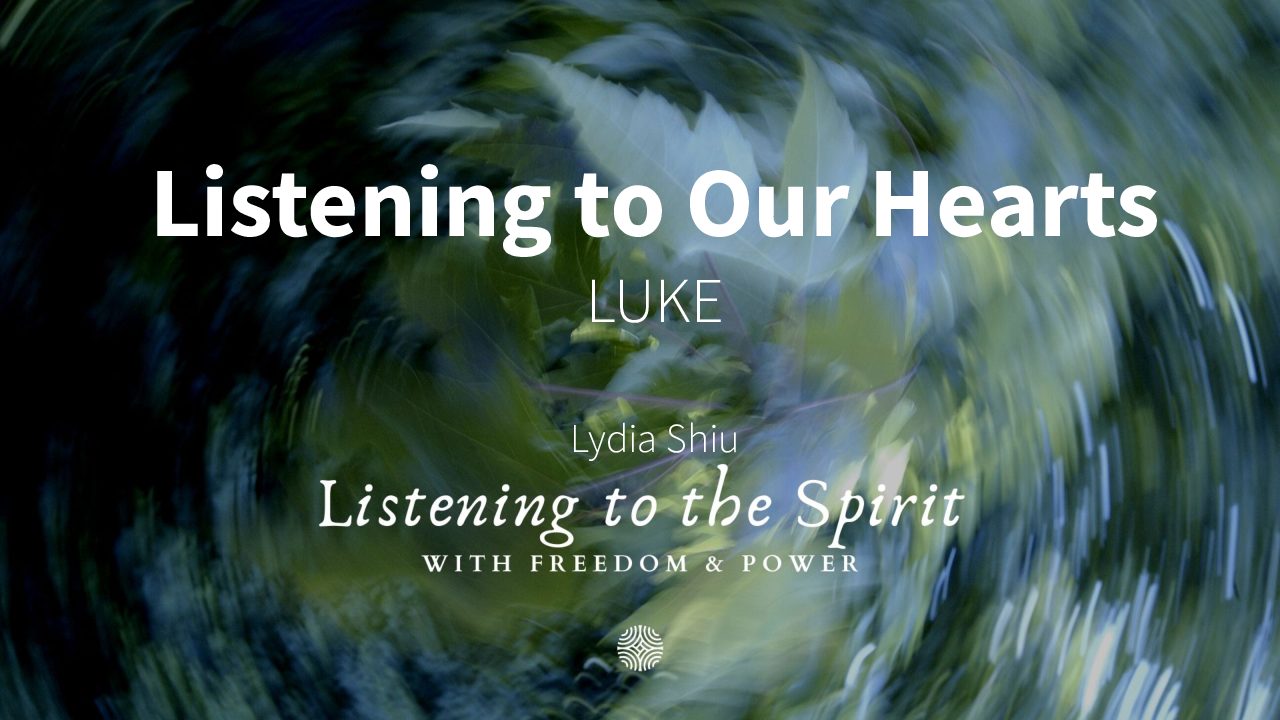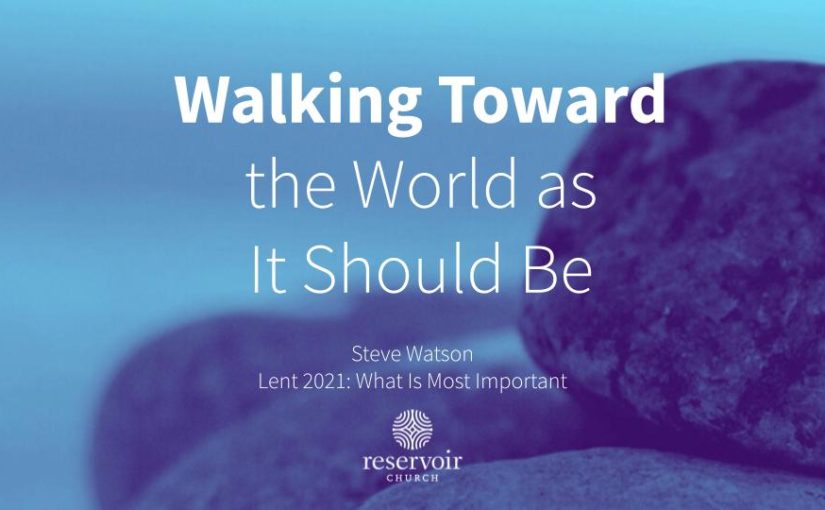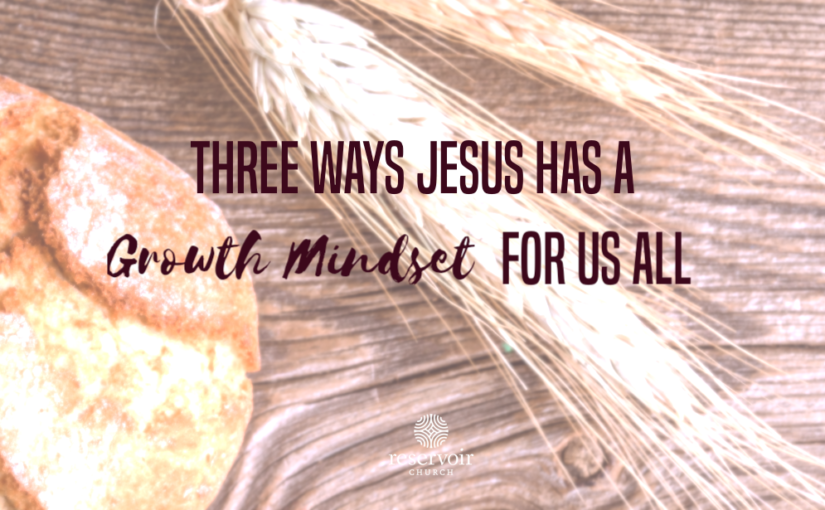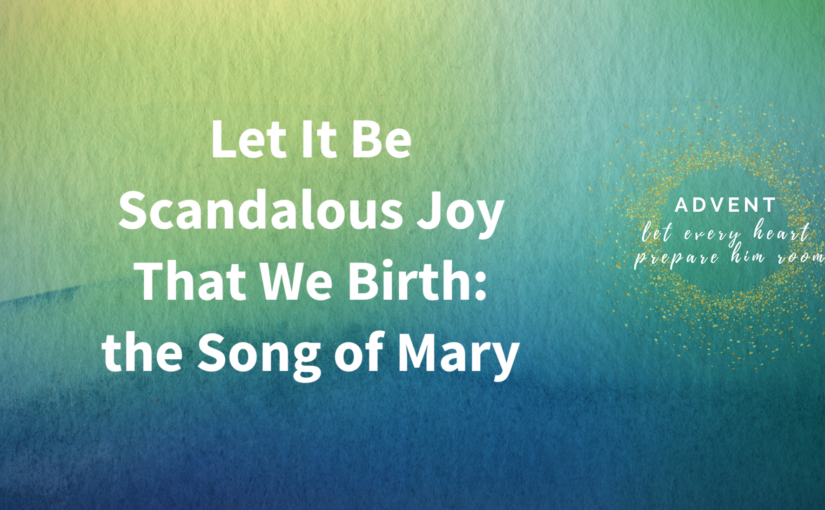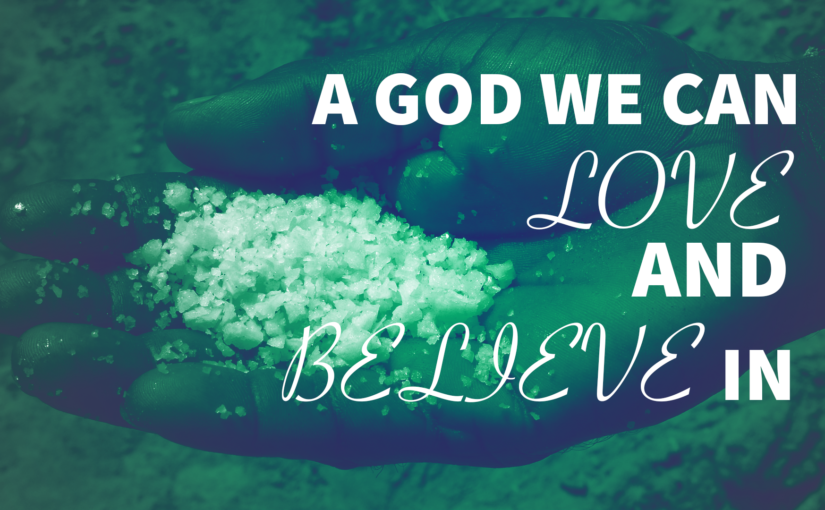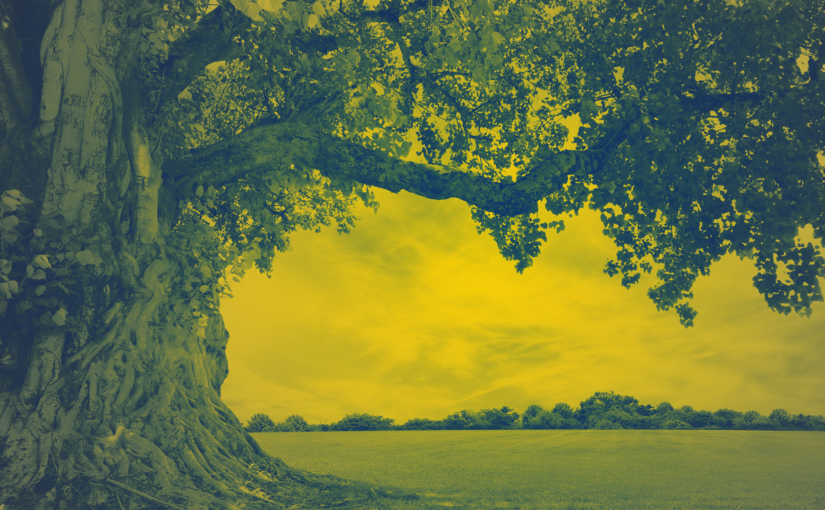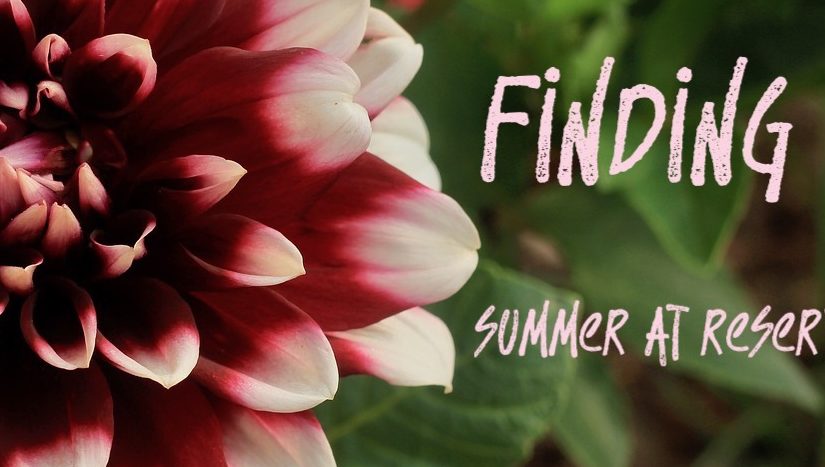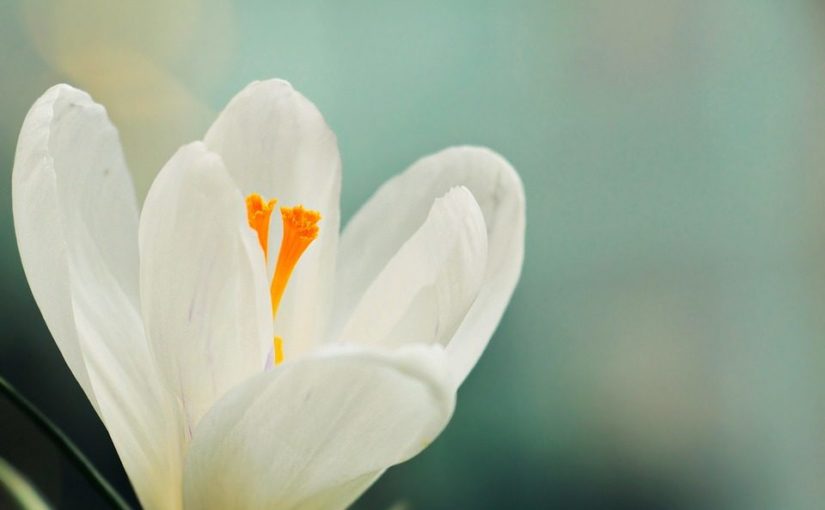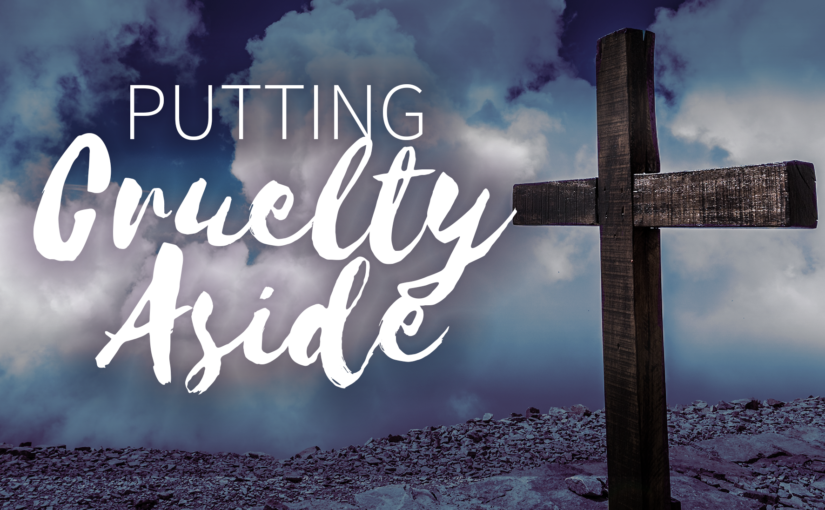For this week’s Events and Happenings, click “Download PDF.”
For this week’s Spiritual Practice, led by Trecia Reavis, click HERE.
During the past fourteen months, most of us worried more than normal. Many of us stayed home longer than we’d ever done, skipped showers for impressive runs, wore the same outfits days on end, gained a little weight and all kinds of other pandemic accomplishments. I did all that too – high five! Some of us also found a hobby or went back to one. I know people who baked a lot of bread. My wife gave herself over to indoor plant growing at a whole new level. Me, I did something less practical than this – I started an online doctoral program in theology and ministry.
And my advisor was part of this project that intrigued me, where they went through one of the oldest Christian creeds line by line, talking about how it is they still engage the faith of these nearly two millennia old words in ways that make sense to them and are empowering and life-giving in the age we live in today. They did this with one of the shortest and most famous creeds called The Apostles’ Creed. And they called the series Becoming Christian.
Now if you’re thinking: who would want to become a Christian these days? Well, you’re not alone. The reputation of Christians (at least in this country) is at a well-deserved low point. So if you identify as a Christian, great. If you don’t, that’s great too. I identify as a Christian because I think there’s a ton of good in this faith and in this tradition that’s worth making the most of, despite all the bad stuff that’s gotten mixed in there. But I can understand why others wouldn’t want to. You do you, really.
But they didn’t call the series Becoming Christian to get anyone to convert, but to highlight the process of becoming. Like anything in life that matters, a Christian isn’t something that you are, like it’s a certificate you put on your wall for this thing you did once or a stage you’ve reached. Life and relationships and beliefs and experiences are dynamic, right? We’re always in motion, we’re always changing, still becoming. The Christian faith is dynamic, something that has been changing and evolving for 2,000 years, and so a person being a Christian is also something we can be becoming, or not, and they explored how they connected to this process now.
Well, as soon as I heard this, I thought: I want to do something like this at Reservoir. We’ve always wanted to live a Christian faith that would be viable and interesting and helpful for people who believe what science has to say, who aren’t going to subscribe to ideas and beliefs that seem out of touch with the modern world. But given how many of us have changed our minds about things we believe or aren’t sure of what we believe about God, it seemed like it could be helpful to talk through this old Christian creed ourselves, and see how we can relate to historic Christian faith in ways that inspire and liberate us.
So this summer, when Lydia or Ivy or anyone else speaks, they’ll speak however they are led to, but when I preach throughout the summer, I’m going to talk us through the Apostles’ Creed, referencing texts from the Bible as well as the contemporary dynamics and questions and tensions with our faith. I’ll share what some different people think here and there as well as how I make sense of and live into this creed.
I’ve called the series “Becoming Christian: (Re)Interpreting the Apostles Creed and the Christian Faith for Our Times.”
And we’re going to start today with the first phrase of the creed – just two words – “I believe”. And we’ll do that through four lines about belief and faith from the gospel of Mark .
Here’s the first:
Mark 1:15
“Now is the time! Here comes God’s kingdom! Change your hearts and lives, and trust this good news!”
In Mark, Jesus’ first public words, or the words that Mark thinks best capture what Jesus had to say a lot were these: Change your hearts and lives, and trust the good news. That’s a modern translation. A little more literally the words were: repent and believe.
At the heart of what Jesus had to say to people was: be open to change, and believe. But when he said that he wasn’t talking about particular information they should believe. Like sign this document. Agree with these facts. No, when he said believe, he meant Belief is trust.
Like trust that Jesus can help you know God. Trust that Jesus can show us what God is like and what God is doing. Trust that Jesus and Jesus’ God have good news worth engaging with. Belief as trust.
Think about some of the things you used to believe were true.
I used to think that elephants were called “odies” – I insisted upon that fact. I have a child who once said, “When I grow up, I’m going to be a frog.” When I taught high schoolers, I remember this very skinny 15-year old kid who’d never played organized sports told me with a straight face, “I’m going to play football in the NFL.” And what do you say? I thought: good luck with that.
We change our minds about what we believe all the time. That’s normal. We grow up. And even as adults, we keep growing up. We have new experiences. We learn new things.
And when it comes to what we think about God or the big questions about what matters most in life, the same thing is true.
There’s not much that I think about God that I haven’t changed my mind about twice. And even now as a doctoral student in theology, there’s so much about faith that my most honest answer would be: Who am I to say? I don’t know.
It’s alright to hold lightly the facts and opinions and information which we believe.
Over the past several years, though, I’ve learned that this can be really hard within the domain of religion. A few years ago, Grace and I went to a conference with a couple of friends. It was a place for people who were aware they were deconstructing their Christian faith – questioning what they’d been taught, changing their beliefs. And I thought: hey, I’ve changed my mind about a lot of things I was taught. And I’m a pastor of a church where a lot of people are doing that too. I’ll go to this thing and find my people.
But what struck me was not how much I related to what was happening there, but how much anxiety people had about the whole experience. And I don’t mean that critically – like it was their fault for being tense. A lot of folks had been given these really intense and even threatening messages about what information and opinions they had better believe.
I met this one person in her 20s, who when I asked her how she ended up at this conference, she told me that didn’t believe in hell anymore. And by hell, she meant an awful place God would send people to suffer forever if they didn’t believe the right things about God or live it out in the right way. And her grandma had told her something like: if you don’t believe in hell, then that’s where God’s sending you.
Which is maybe this awful thing to say to your grandchild, but kind of ironic too. Like God’s going to send to this place that you do not believe exists. Like, what do you do with that?
And as I met people not just at this conference but amongst my friends, here in this church, with experiences like this, with just enormous tension if they question their beliefs, I feel really sad for one.
And I think this isn’t what Jesus called people to at all either. In fact, the core of his message was to change your mind and believe. And not just as a one time thing, but as a way of moving forward with God. Be open and try to trust me. Change your hearts and lives, and trust this good news.
So maybe the first thing we can say when we say “I believe” is not at all about an anxious relationship to facts, opinions, and theories. No, belief is about trust. It’s about who you listen to, and where you go for good news. Jesus says:
belief is trust. It’s trusting that I can show you what God is like, and I can show you good news.
For me, this is how I can be a pastor even while my faith continues to evolve and grow. Because saying “I believe” isn’t saying “I know I’m right” or “I’m never allowed to change my mind.” It’s saying I’m continuing to trust Jesus and I’m more likely to trust people and ideas that sound like and look like Jesus.
Belief is trust.
Secondly, belief is shared.
One of the early stories in Mark is about four people who take their friend who can not walk to Jesus for help, and Jesus speaks to their friend’s physical condition but also to the state of his soul. And in that story, we get this:
Mark 2:5
5 When Jesus saw their faith, he said to the paralytic, “Child, your sins are forgiven!”
I love how Jesus is moved by their faith, by the hope and love of their friends. Faith isn’t a solo experience, it’s a team sport. Which is why sometimes the creed begins “I believe” but just as often, it is read, “We believe.”
Belief is shared. It’s not just about what I think or who I trust. It’s to whom and to what I am connected. It’s about the community and the tradition to whom I am aligned.
Early in my experience of following Jesus, I would have told you my belief was a personal decision I’d made about God. I read the Bible and prayed on my own regularly before I had any rich experience of faith community.
But even then, I look back and see that I thought God loved me and was worth my attention because people I had loved and trusted had told me so or had shown me that was so. It was people who loved Jesus who taught me what forgiveness looks like, what accepting myself looks like, and who keep drawing me back to my best self and my boldest hopes.
In saying we believe in the God revealed in Christ, we’re not saying we’re proud of everything in the Christian tradition, a lot of which – past and present – is absolute trash. We’re not even saying we believe in everything we hear at our own local church.
But we are saying that the Jesus tradition is one we want to be connected to, and that the teaching of Jesus is one to which we want to be aligned.
We’re saying we want to be aligned with the good news that we matter to God – that God has decided to never be God without us. We’re saying we want to be connected to a faith that says all people are God’s children, and that God’s children are beautiful, inherently dignified, and loved no matter what we do or who we are. We’re saying that to want to be accountable to a faith that teaches that judgement and pride are toxic and that loving our neighbor and loving our enemy is the height of holiness and the path to joy for us all.
Participation in a Christian community and tradition and set of commitments shouldn’t mean we need to sign off a bunch of content we say we believe – this church doesn’t require that and I don’t think God does either. But it does say we’d like to share in a community that’s welcoming and learning and practicing the good news of Jesus.
So belief is trust. And belief is shared. You ready for two more? (Ha, I’m going to assume yes, since I can’t hear you.) Belief is also openness.
One time while Jesus was out in a fishing boat, crossing a lake with his students, Jesus slept while a storm got worse and worse. After they woke him up, he stood up in the boat, spoke some words, and the water calmed. No matter how many times they told the story, no matter how weird it seemed, they all remembered it exactly like this.
And they remembered too that Jesus turned to them and asked:
Mark 4:40
Jesus asked them, “Why are you frightened? Don’t you have faith yet?”
I don’t think Jesus is yelling. He calmed a storm, he doesn’t want to start another one. I think he’s really wondering:
what is there to fear? Can’t you remember that there is more in this world than you see or understand? Haven’t you learned that with the help of God and friends, you will have enough? You’ll be alright.
Philosophers and theologians talk a lot about the disenchanted world we live in, how before modernity – the age of reason, all our scientific discoveries which continue to teach us about the size of the universe and how to invent these vaccines that make us so very happy right now – before all that, the whole universe seemed enchanted, magical. God and angels and demons and spirits were responsible for everything we didn’t understand.
Now that we can explain so much more, some of us have reduced the universe, reduced the world to only that which we can measure and apprehend with our senses. A disenchanted world seems to squeeze out God and to render faith useless or quaint.
But there are more and more scientists and philosophers and theologians who are like: wait, this doesn’t entirely make sense either. Because there are a lot of things that we can’t measure and apprehend with our senses that are really important to us – things like cause and effect, and the mathematical precision by which so much in the universe operates, and the nature of our consciousness, and the behavior of subatomic particles, and the beautiful and remarkable directions evolution has taken. There’s a whole talk here for another day, but there is still so much more than we can seek or understand.
There are a lot of bad arguments for the existence of God but a pretty good one is the nearly universal human experience of what we might call the holy – something or someone outside of ourselves that is beautiful or powerful or loving or true beyond our explanation.
Belief is an open mind to who and what is behind this. And belief in the God revealed in Christ is the openness that this God isn’t just a far-off force but is with us all and the rest of creation, intimately and near. Belief is an openness that this same God loves us and is wooing us toward all the very best possibilities. Belief tells us that even with this God, our plans may fail, life will disappoint us in some ways, and we may suffer horribly, but we’ll never be alone and never be outside God’s loving attention and care.
A number of you have asked me what I did during my month off. And I’ve mostly given boring answers. Like I took walks, and hung out with my family, and read some books, and mostly didn’t do all that much at all. And this is all true. But another answer is that I talked with God about not being in control of my life, and accepting the freedom of that’s just the way it is.
Like most people in middle age, I’ve come into awareness of what I love and am proud of in my life, but also into awareness of some of my own limitations and sorrows – many of which I tell you about, a few of which I hold more privately. I’ve found that what God is doing in all this awareness and acceptance is inviting me to make peace with not being in control and asking me: Steve, why are you afraid?
I heard an interview recently with Nobel Prize winning economist Daniel Kahneman. He was talking about what he calls System 1 thinking – which is fast, intuitive, and unreflective. It’s shaped by our character and genetics and experience and the stories we believe and all that. And then there is System 2 thinking, which is slow and deliberate, shaped by active use of logic and choice at all. And Kahneman makes the point that we exaggerate the importance of our System 2 thinking, when a lot of this thinking we do is really just justification and defense of where our emotions and instinct and intuition take us.
That seems true to me, and so I’ve wondered if part of faith is taking these beliefs that we hold in our Stage 2 thinking – like we believe that God is with us, and we believe that God is good, and we believe that with the help of God and friends, there will be enough and we’ll be OK, even when we’re not in control, and we believe that more love is the answer and all that. And faith is welcoming habits and prayer and hope that all this will become System 1 for us, that it’ll become more and more our habit and intuition in the world – to be people of faith, hope, and love.
Belief is this kind of openness to God, and a lot of what I did the other month was hope and pray and tell myself and God that I want more of that. Perhaps you do too.
And lastly, and briefly, belief changes.
One of the most moving stories in Mark is this time a parent was desperate for Jesus’ help with his kid. Jesus asked about the man’s faith and the this:
Mark 9:24
24 At that the boy’s father cried out, “I have faith; help my lack of faith!”
I have a little faith, but not a lot. Can you help?
That was good enough for Jesus, it’s good enough for God and it can be good enough for us.
There’s no set amount of faith you need to have to believe in God with a community. Belief is trust. It’s shared. It’s openness. And it changes. Belief can lessen and deepen, shrink and grow. Belief isn’t about arriving at a particular level or knowledge base or degree of certainty. It’s about engagement and staying engaged. It’s dynamic, not static. It’s not about a thing you have, but a relationship you’re in.
My invitation for you this summer friends, as you navigate this stage of pandemic or post-pandemic life, is to let your faith be open, let it deepen, grow and find its roots and expression in your life. We’ll be here to find the way together.
Next week, we’ll talk about the first thing the creed says about God – the father almighty, maker of heaven and earth – and how that’s the best and worst stuff we can say about God, depending on what we mean.
Let’s pray.


